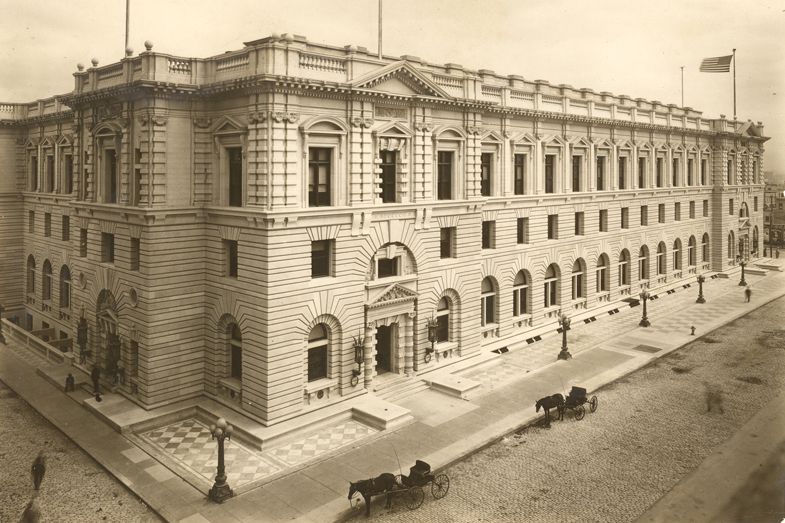The prospect of any legal accountability for the government’s rendition, detention, and interrogation program dimmed dramatically this week. On Wednesday, the Ninth Circuit Court of Appeals ruled that the so-called “state secrets” privilege protects the government and its contractors from a lawsuit brought by five men who say they were kidnapped, flown to foreign countries, and tortured on the behalf of the American government. Even the ACLU, which supported the men in their suit, acknowledged that the decision “all but shuts the door on accountability for the illegal program.”
The 6-5 ruling (PDF) in the case, Mohamed et. al. v. Jeppesen Dataplan, rests on the “state secrets” privilege. In the years after September 11, the controversial doctrine has basically acted as a “get out of court free” card for the Bush and Obama administrations in cases related to torture and domestic spying. In this particular lawsuit, people who say they were tortured sued Jeppesen Dataplan, a Boeing subsidiary that managed rendition flights for the CIA. The government does not dispute many of the central facts of the case, including the fact that Binyam Mohamed, the main plaintiff, was tortured. But the Obama administration, which continued the Bush administration policy of intervening in the case on Jeppesen’s behalf, was still able to get a dismissal by saying the magic words “state secrets.” The peerless Marcy Wheeler sums up the sad news best:
So basically, the government can kidnap you and send you to be tortured…[Y]et even if your contractors acknowledge what they were doing, if the government wants to call their own law-breaking a secret, the most liberal Circuit Court in the country agrees they can.
UPDATE—Here’s Ben Wizner, who argued the case for the ACLU:
This is a sad day not only for the torture victims whose attempt to seek justice has been extinguished, but for all Americans who care about the rule of law and our nation’s reputation in the world. To date, not a single victim of the Bush administration’s torture program has had his day in court. If today’s decision is allowed to stand, the United States will have closed its courtroom doors to torture victims while providing complete immunity to their torturers. The torture architects and their enablers may have escaped the judgment of this court, but they will not escape the judgment of history.












